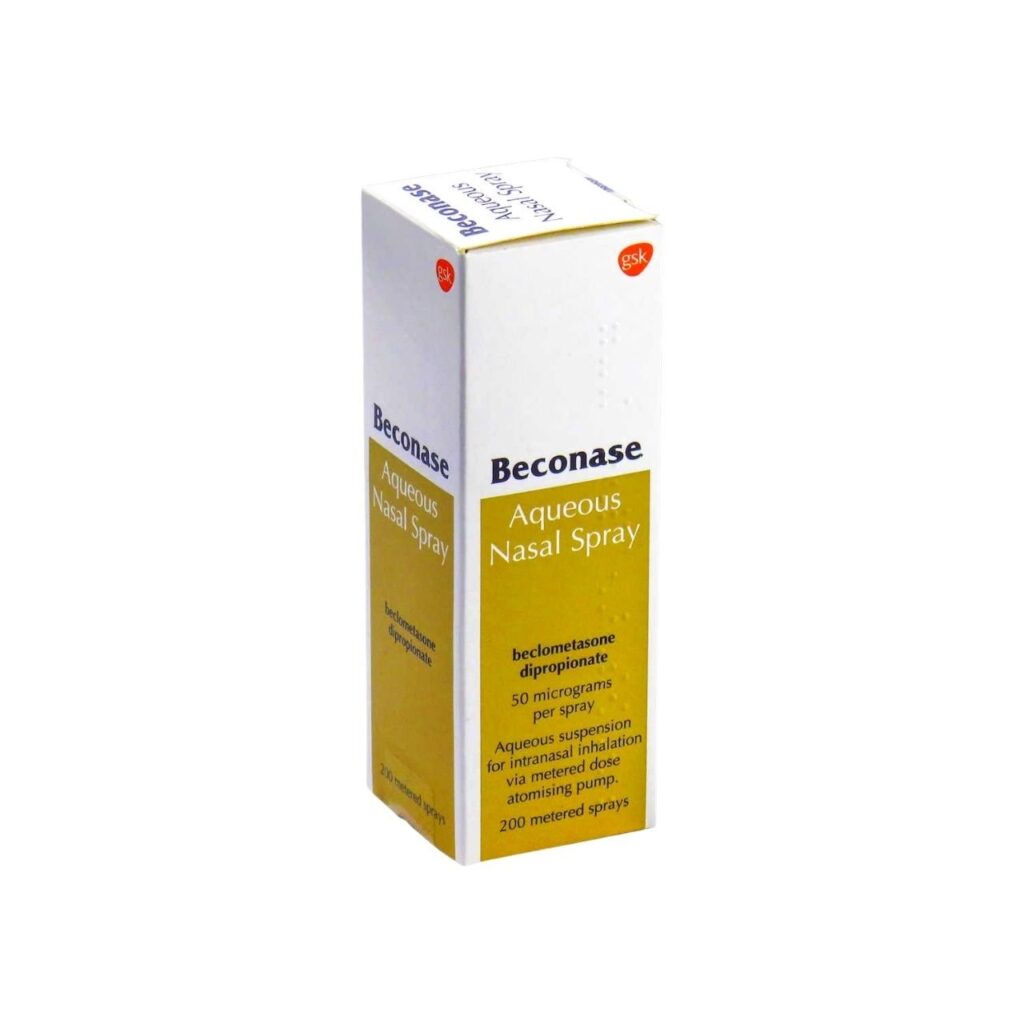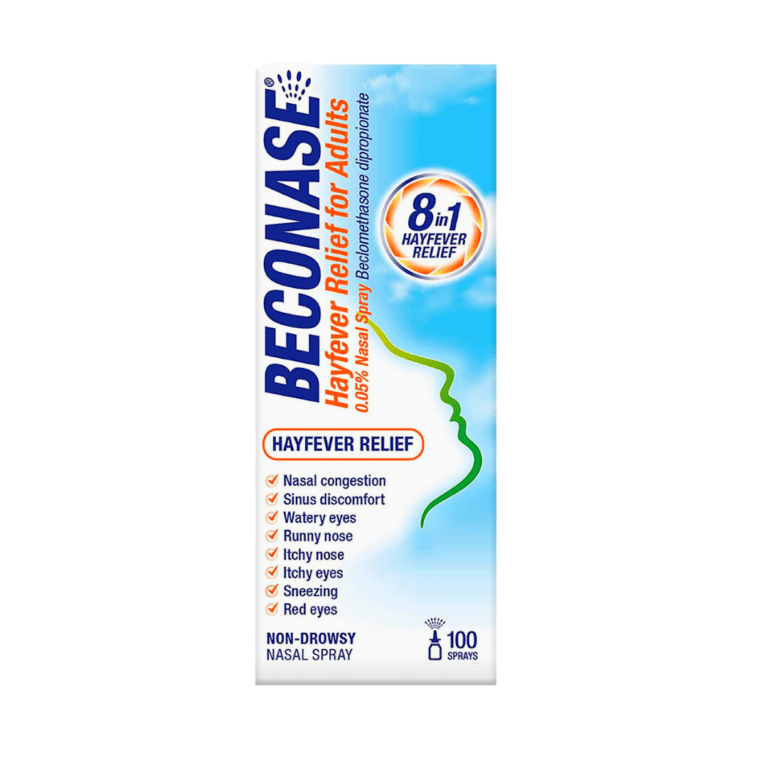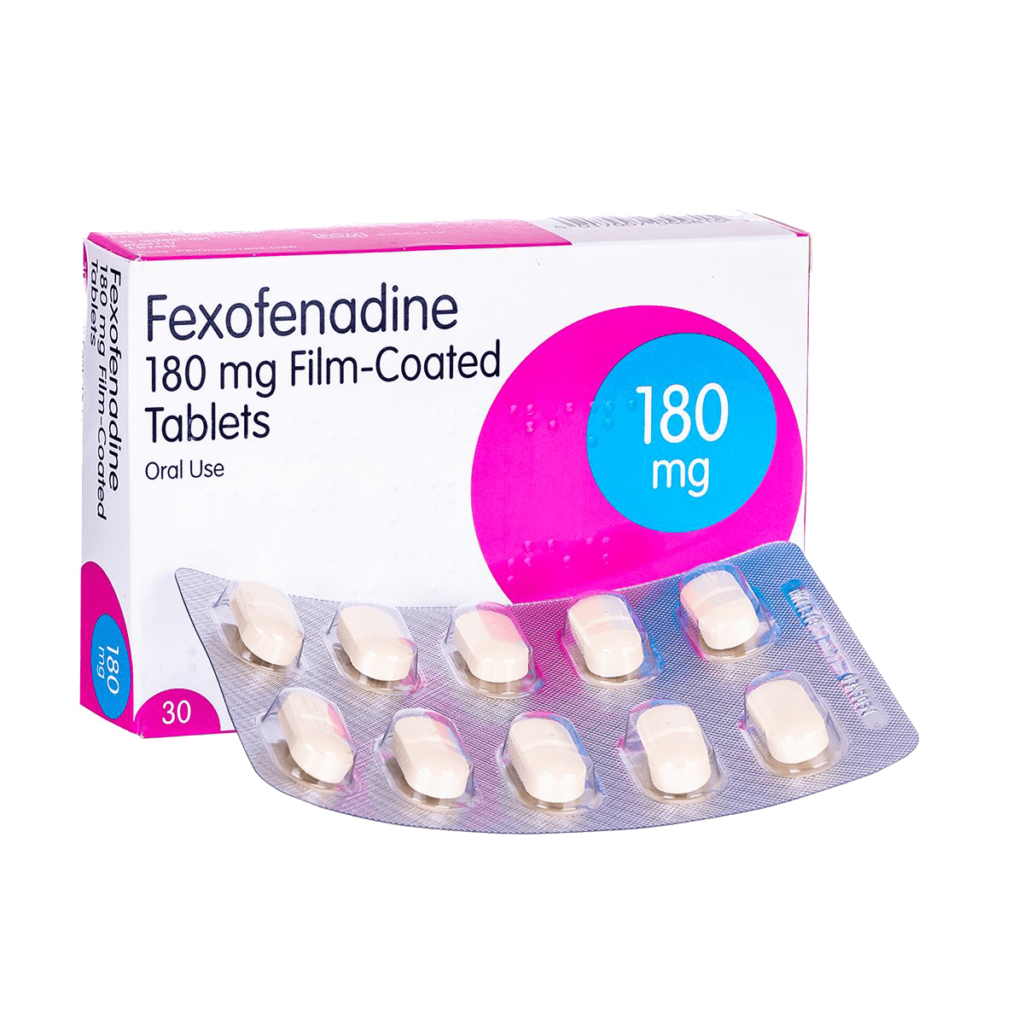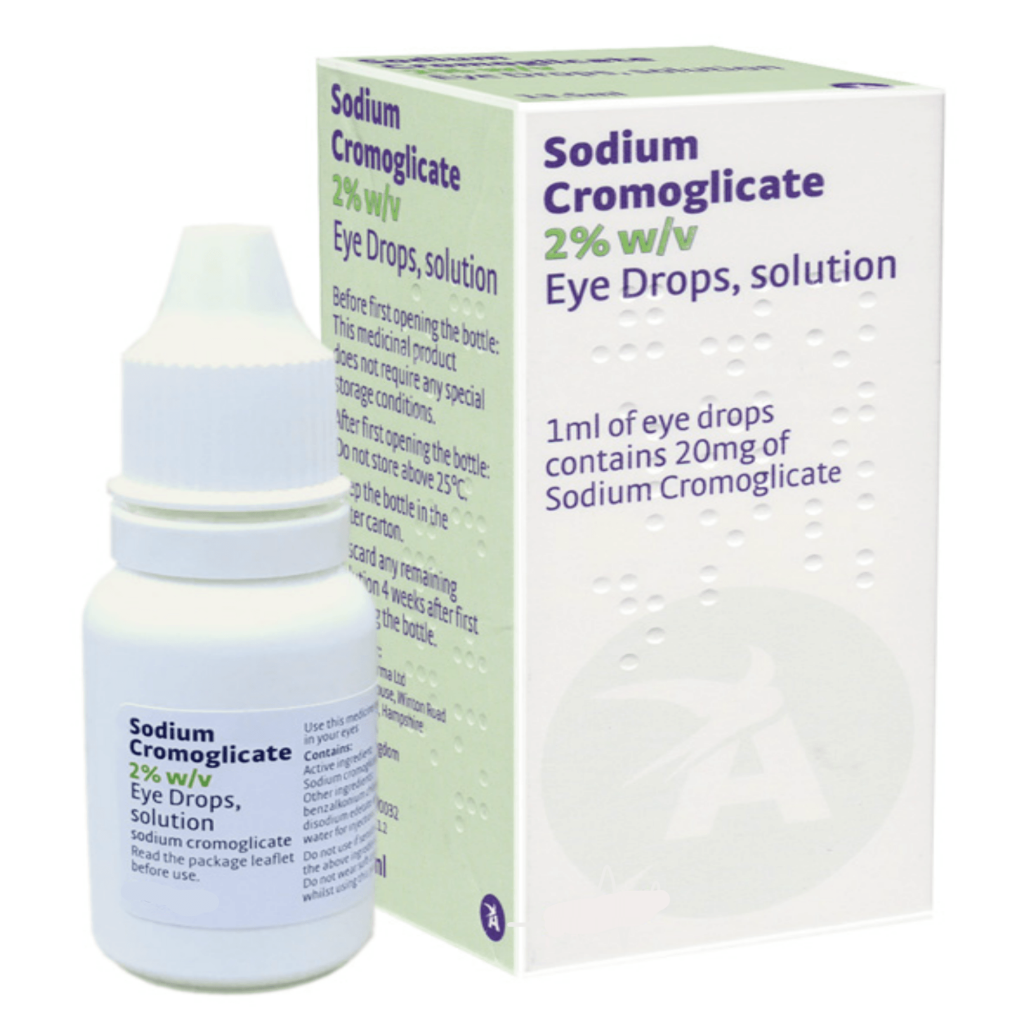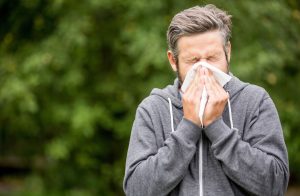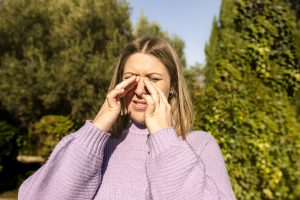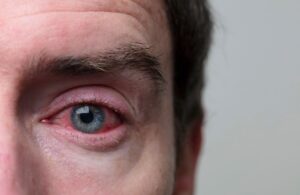Hayfever
Seasonal allergies, commonly known as hayfever, can cause symptoms such as nasal congestion, sneezing, itchy eyes, and a runny nose. Managing these symptoms effectively with hayfever treatment is essential to improve your quality of life during allergy season. By identifying and avoiding triggers, and using appropriate treatments, you can reduce discomfort and enjoy a more comfortable and symptom-free season.
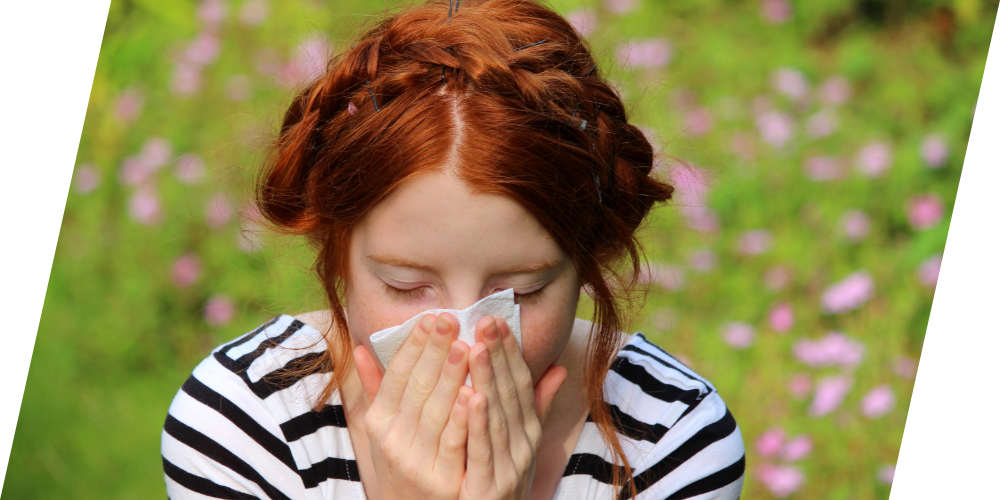
Hayfever Treatments
Our Trustpilot Reviews
Hayfever FAQs
What is hayfever?
Hayfever, or allergic rhinitis, is an allergic reaction to pollen, causing symptoms like sneezing, itchy eyes, and a runny nose.
How can I manage hayfever symptoms?
Manage symptoms by avoiding pollen, using antihistamines, nasal sprays, and eye drops to reduce inflammation and discomfort.
What treatments are available for hayfever?
Treatments include antihistamines like Fexofenadine, nasal sprays like Mometasone, and eye drops to relieve symptoms.
Are there any side effects of hayfever medications?
Side effects may include drowsiness, dry mouth, and headaches. Always follow the prescribed dosage and consult a doctor if needed.
Can lifestyle changes help with hayfever?
Yes, reducing exposure to pollen, using air purifiers, and keeping windows closed during high pollen days can help.
What triggers hayfever?
Common triggers include pollen from trees, grasses, and weeds, as well as dust mites, pet dander, and mould spores.

